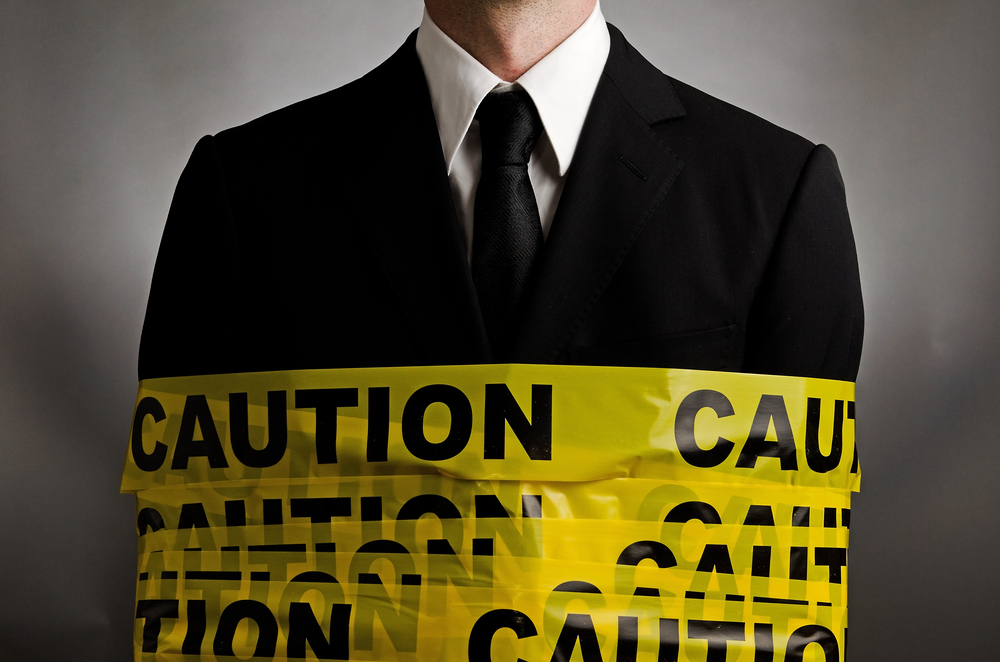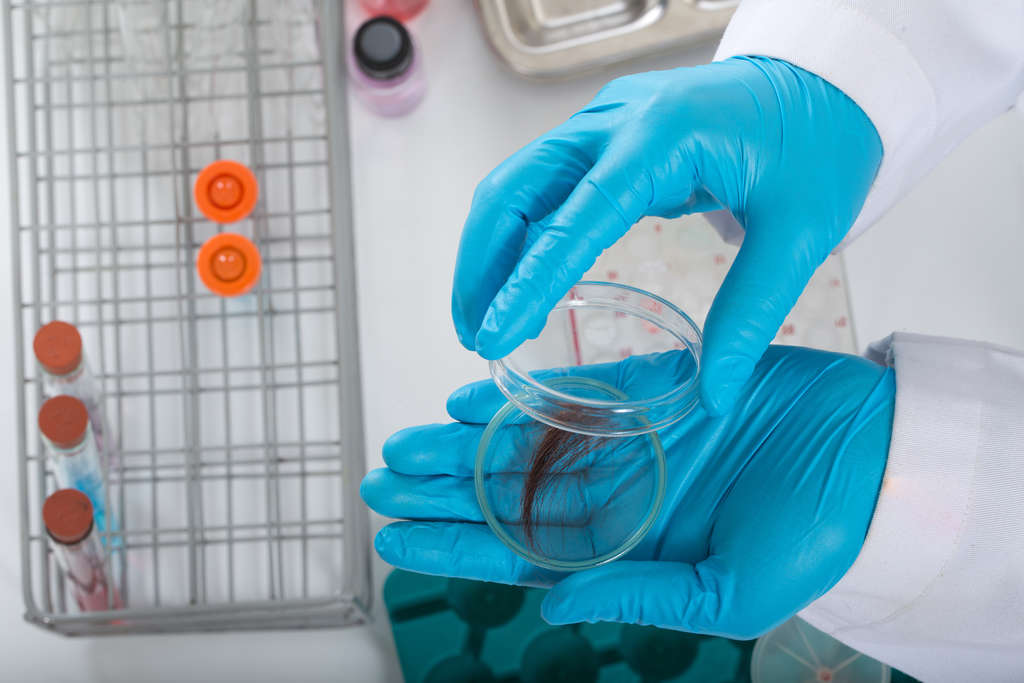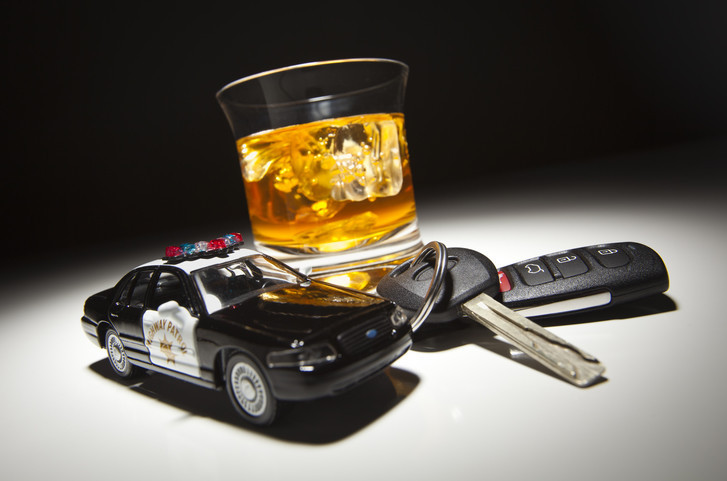US Drug Test Centers Blog
How Fast Does the Body Metabolize Alcohol?
After a night of heavy alcohol consumption, you might wake up still feeling disoriented. Or, you could be dealing with a brutal hangover. The rate at which the human body goes from feeling drunk to "normal" again comes down to how fast (or slow) it metabolizes alcohol.
In this blog, learn more about how the body processes alcohol, what variables can play a role in processing alcohol, and how long a drug test can detect alcohol in your system.
How the Body Processes Alcohol
There are a few things that happen during alcohol metabolism. In particular, two enzymes play a role: alcohol dehydrogenase (ADH) and aldehyde dehydrogenase (ALDH). When these enzymes detect alcohol, they break it apart so that your body can eliminate it. Ultimately, the alcohol is broken down into water and carbon dioxide, which the body can more easily get rid of.
Alcohol metabolism is separate from digestion. While some does go into the stomach, some also ends up in the bloodstream. However, the majority of the alcohol goes through the small intestine, which can absorb it faster.
How Fast Does Alcohol Metabolism Occur?
While a very small amount of alcohol exits the body via urine, sweat, and breath, the majority of it will need to be metabolized by the liver for the body to eliminate it. Your liver is always working, and the general rule of thumb is that it can metabolize about one standard drink per hour.
Can You Speed Up Alcohol Processing?
Some people believe you can sober up faster, but this is a myth. In reality, the only thing that removes alcohol from the body is time. Cold showers and chugging water, for example, have no impact on your blood alcohol concentration (BAC) or how long the booze will stay in your system. You can't force the liver to detoxify your body faster. As long as there is excess alcohol in your body, you will still be intoxicated.

Variables That Affect How Your Body Processes Alcohol Consumed
While you can't force your body to process alcohol faster, there are certain variables that can impact the speed at which this happens. For instance, because women tend to have a lower body weight, they may metabolize alcohol faster. Age, race, and activity level may also be other factors.
How to Slow Down Intoxication
You can't speed up metabolism, but you can slow down intoxication. Eating food before consuming alcohol slows intoxication because there's something called the pyloric valve, and it separates the stomach from the small intestine. It closes when you've eaten. If alcohol can't make it to the small intestine, it'll take longer for you to feel intoxicated.
So, if you don't want to feel intoxicated and deal with a hangover the next morning, then don't drink on an empty stomach (or don’t drink at all!).
What Causes Alcohol Poisoning?
As we already said, the body systems metabolize one standard drink per hour, so you simply have to wait for the intoxication to pass. However, that doesn't mean that you can drink as much as you want, and then just wait longer.
If you engage in binge drinking, which refers to drinking alcohol in excess in a single session, then it's possible to consume it faster than your body can remove it from your blood. When this happens, your body can stop working. In fact, alcohol poisoning can be fatal.
How much alcohol is too much, then? When it comes to alcohol poisoning, there is no magic number because it can vary so much from person to person.
What Happens With Long-Term Alcohol Abuse?
Excessive and long-term alcohol use can wreak havoc on the body in many ways, but your liver health certainly takes a beating.
Drinking alcohol in excess can contribute to fatty liver. This is the earliest stage of alcohol-related liver disease. Concerningly, most people don't show any symptoms, but if it's caught early enough, it can be reversed.
Inflammation, also known as alcoholic hepatitis, is another issue. This leads to the death of liver cells. It can range from mild to life-threatening.
Then, there's cirrhosis. This is less common and happens after about a decade of drinking alcohol. Since it leads to scarring of the liver tissue, it's irreversible.
Without a doubt, the best way to avoid liver damage is to stop drinking alcohol altogether.
How Long Can a Drug Test Detect Alcohol?
You can't use a hangover to gauge whether or not there is still alcohol in your body. Alcohol can stay in your system well beyond your hangover. Urine tests can detect alcohol for one to two days, or for up to three days for chronic/excessive alcohol consumption. A hair test can pick up on alcohol for up to 90 days after consumption.
This is why even if you're feeling totally fine, you could very well still be considered legally intoxicated! How drunk you feel, or don't feel, gives no indication of your blood alcohol concentration.
The Price We Pay for Alcohol Use
Alcohol use has widespread implications, from causing problems at home to introducing new threats at work. An intoxicated employee can cause accidents, make mistakes, hurt productivity, and even endanger the lives of others. Alcohol testing is a vital part of every employer's drug-free workplace program.
US Drug Test Centers makes it easy to get tested. We screen for alcohol via urine, hair, and breath alcohol tests. With more than 20,000 testing locations nationwide, you never have to go far to find us. Find a testing center near you and order your test online.























